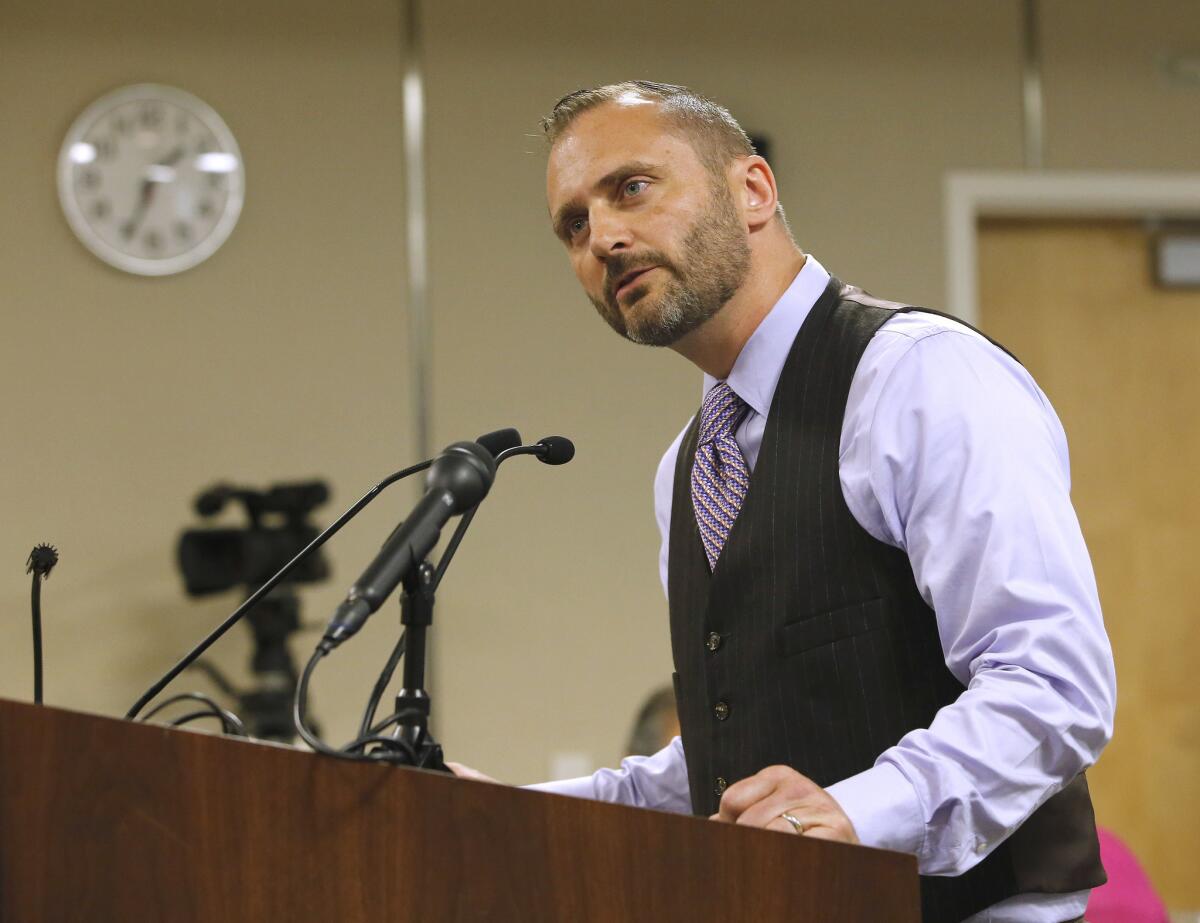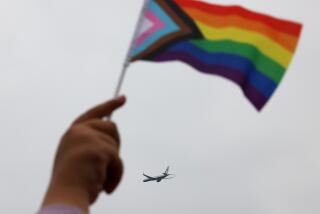California’s students will soon learn more LGBT history in schools

California’s students will soon be learning more about LGBT people and their struggles after state education officials voted to include contributions from the community in history and social science instruction.
The California State Board of Education on Thursday voted unanimously on a new History-Social Science Framework that includes “a study of the role of contributions” of minority groups, including “lesbian, gay, bisexual, and transgender Americans.”
LGBT content will be included in some elementary, middle and high school grades. In fourth grade, for example, students would learn about “the emergence of the nation’s first gay rights organizations in the 1950s,” the framework states, as well as struggles in California from the 1970s to the present day to affirm the right of gay people to teach and to get married.
Equality California, an LGBT advocacy group, issued a statement praising the move, saying the new framework more accurately represents figures important to the LGBT movement.
The new guidelines, the group added, now better captures “essential moments in the struggle for equality, and the evolution of communities and identities.” Equality California said a more inclusive curriculum will make LGBT students more comfortable in school.
“It allows all students to think critically and expansively about how that past relates to the present and future roles that they can play in an inclusive and respectful society,” Don Romesburg, framework director for the Committee on LGBT History, said in the statement.
Miguel Covarrubias, who teaches 11th grade U.s. history at Franklin High School in Highland Park, said many students are encountering LGBT history for the first time in his class. “Some are initially uncomfortable,” Covarrubias said. “It makes a huge difference to know how they are part of the evolving American story.”
State Superintendent of Public Instruction Tom Torlakson said the new, more inclusive instruction is a win for students. “This document will improve the teaching and learning of history and social science,” he said in a statement. “It will give our students access to the latest historical research and help them learn about the diversity of our state and the contributions of people and groups who may not have received the appropriate recognition in the past.”
The vote comes after the passage of the Fair, Accurate, Inclusive and Respectful (FAIR) Education Act, a 2012 California law that requires better representation of the LGBT community – along with other minority groups -- in history education.
Changing the way California teaches history was a contentious process, one that elicited more than 10,000 email comments to the California Department of Education between December 2015 and the end of February 2016.
The framework also adds material on voter education, financial literacy, the history of people with disabilities, and genocide.
ALSO
Summer conditions growing toxic algae blooms in two California lakes
Search for gunman yields assault victim instead at Van Ness Elementary
Advocacy groups call for a ban on recycled oil field wastewater to irrigate crops
More to Read
Sign up for Essential California
The most important California stories and recommendations in your inbox every morning.
You may occasionally receive promotional content from the Los Angeles Times.











